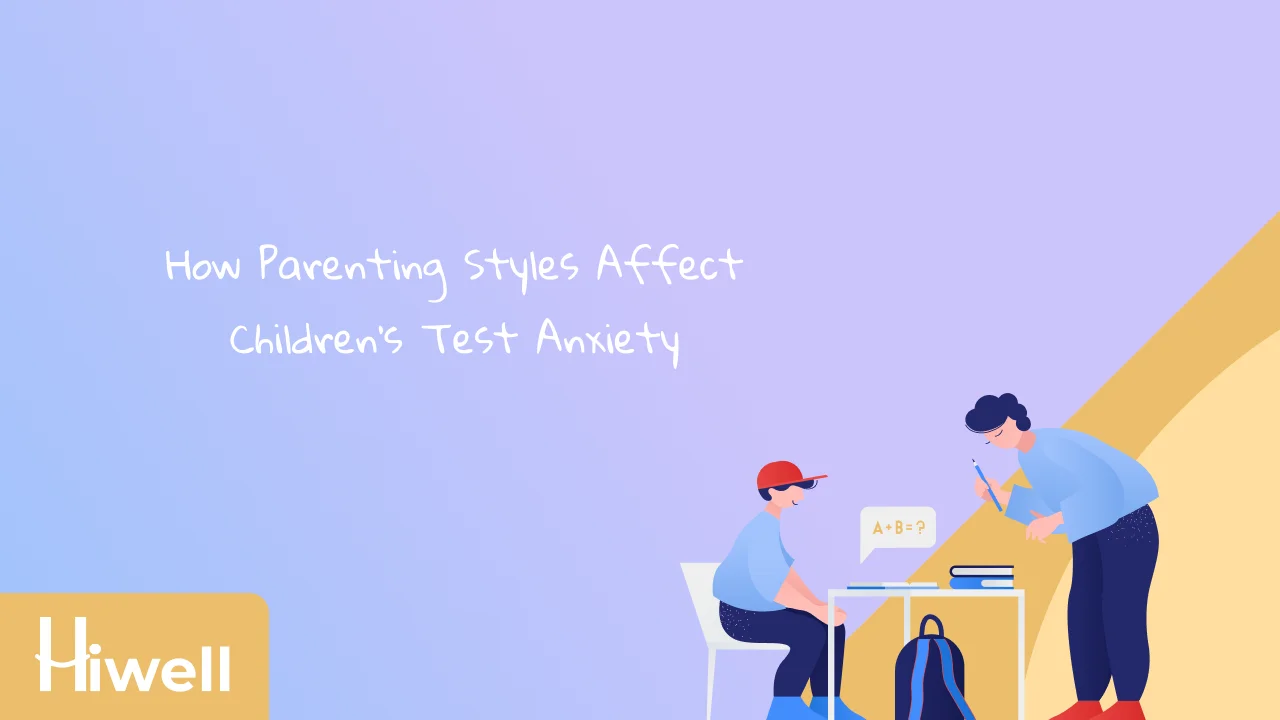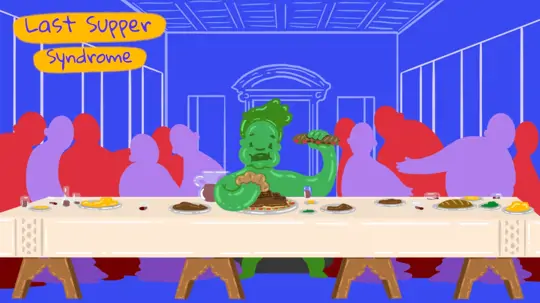
Start feeling better today!
Connect with your therapist today and take control of your life like our 850.000 happy clients.
Get StartedParent Attitudes
Mothers and fathers have dreams and plans for what their children will be like before they are even born. These plans and expectations include many aspects, such as the child's educational life, profession, sports, talents, achievements, and behavior. Most parents keep their expectations of the unborn child after the child is born. They may, in particular, expect from their children the missing pieces of their own lives, dreams that they are unable to realize for various reasons, and behaviors that they believe are required for success. However, these expectations may increase the exam anxiety experienced by the child while preparing for an exam.
In general, parents have very high expectations of their children's educational lives. Therefore, the attitudes and behaviors of the family regarding education are shaped by these expectations. While shaping their expectations, parents should know their children well and know their successes and failures in education. If the expectations of the child are not shaped based on the child's abilities, this reflects negatively on the child's educational life and the families cannot realize this. Therefore, the attitude of families is very important in the educational life of children. There are six parental attitudes, and each of them is very influential on the behavior of the child.
Types of Parent Attitudes?
Democratic Parents
They are sensitive to the needs, interests, and wishes of their children. They willingly observe children's interests and behaviors and respect their children's interests and behaviors. Such parents respect their children's freedom and autonomy. Democratic parents do not restrain their children, avoid using pressure, and approach children with logic. Since the children of parents with this attitude get the necessary love and care, their feelings of trust have increased and their self-confidence has improved.
Perfectionistic Parents
Children of perfectionist parents have a hard time being independent and making friends, which negatively affects the student's school life. Despite their best efforts, children of perfectionist parents find it difficult to conform to their family's standards and often experience exam anxiety. These parents always expect better from their children, and this creates pressure on the child.
Democratic Parents
Disinterested and indifferent parents approve all kinds of expectations of children without supervision. Children who grow up this way have difficulties keeping boundaries, controlling impulses, emotions, and desires. Children who grow up in a neglectful environment have low self-esteem and problematic lives.
Overprotective Parents
There is too much control and care in overprotective parents, so their children become overly dependent on people and have self-confidence problems. Children who grow up this way think that they cannot do anything on their own, and this is reflected in their academic life.
Unstable Parents
There are opinion differences between unstable parents. Since the behaviors of the parents are not the same, unbalanced and indecisive attitudes are displayed. Such children find it difficult to express their opinions, because they cannot be sure of the reactions they will get.
Authoritarian Parents
The child feels pressured and afraid of their parents when their parents are overly oppressive and authoritarian. Children who grow up this way have problems with self-confidence. Children who grow up with the punishment method think that they cannot achieve what they can achieve and their academic life is negatively affected.
The Effect of Parental Attitudes on Exam Periods

Children with strict, disciplined, over-protective, and oppressive parents are more likely to develop exam anxiety. In overcritical families, children feel pressured and think they will never be successful. Children experience serious anxiety as they strive to achieve the high achievements their parents expect, and this causes them to fail.
It is known that the children of overprotective parents develop social anxiety, and this affects their academic success. The children of disinterested families, on the other hand, feel and think that they cannot succeed, because the family does not have any expectations. Insecurity, hopelessness, helplessness, and anxiety are observed in the children of disinterested, oppressive, and overprotective parents. All these negative feelings affect the academic success of young people very badly.
What should be the parent's attitude during the exam period?

- Parents should have certain expectations of their children, because this creates a feeling that they can achieve and that their families trust them.
- The final expectation should be logically established based on the child's achievements and personality.
- Children must be raised with a democratic parenting style.
- Children should be given a sense of support and trust.
- Comparing children to others is incorrect and causes the child to despair.
- The child's abilities need to be believed, and this belief should be clearly shown.
- The child's intelligence should not be treated as if this exam will determine their worth.
- The child should be trusted as they study and should be allowed to make their own plan and schedule.
- If the child is not aware of their responsibility, they should be motivated to study without pressure.
Sources
- Zengin, E. (2019). Examining the Relationship Between Parental Attitudes and Exam Anxiety in Adolescents: Secondary School Example, Unpublished Master's Thesis, Istanbul.
- Bilir, A. (2019). The Relationship Between Parental Attitudes and Exam Anxiety in Students Preparing for the University Exam: The Case of Adana Province, Unpublished Master's Thesis, Mersin.





